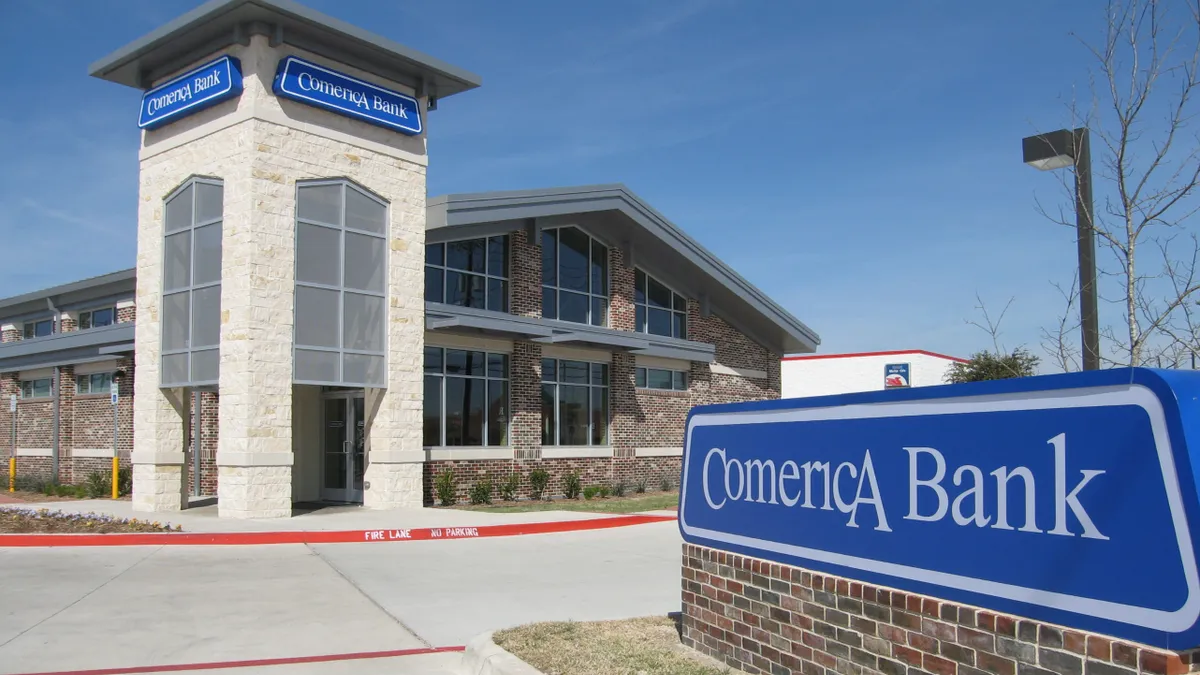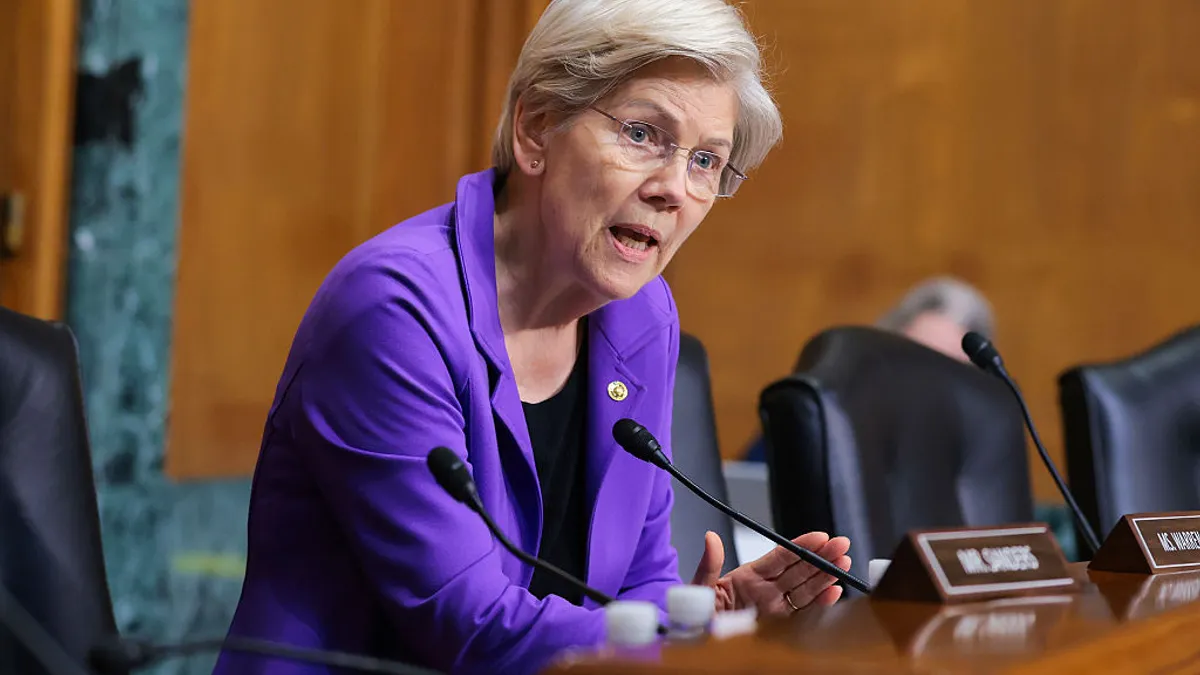Prattville, Alabama-based River Bank & Trust and The Exchange Bank in Skiatook, Oklahoma, each entered into consent orders with the Federal Deposit Insurance Corp. in March, related to anti-money laundering and Bank Secrecy Act compliance, the regulator disclosed Friday.
River Bank & Trust’s 15-page consent order refers to a July 2023 examination that found the bank violated certain BSA provisions.
In light of those violations, the FDIC mandated enhanced board oversight of the bank’s AML/counterterrorism financing compliance program, including its customer due diligence, the regulator said in the consent order. The Alabama bank has about $3 billion in assets, according to its website.
The bank’s board must meet with bank management at least monthly to address AML/CFT compliance, and it has to form a committee to ensure compliance with the order. The Alabama lender also must revise its AML/CFT program to make sure it has appropriate AML internal controls and addresses deficiencies found in the 2023 report, the FDIC said.
The bank’s AML/CFT internal controls must address suspicious activity reports, customer due diligence and required reporting. The bank is ordered to hire a consultant to analyze and assess AML/CFT staffing needs, ensure those employees are qualified and draft a staffing plan.
River Bank & Trust must also revise and implement a training program related to AML/CFT compliance for the bank’s board, management and staff, the FDIC said.
A look-back review must be conducted for accounts and transactions flagged in last year’s report as not being adequately monitored, “as well as all Higher Risk Accounts and higher risk transaction activity,” to determine whether suspicious activity was appropriately identified and reported, the order said.
River Bank & Trust couldn’t immediately be reached for comment.
Meanwhile, The Exchange Bank was charged with engaging in unsafe or unsound banking practices and BSA violations, stemming from a May 2023 examination; the bank was ordered to correct BSA violations and take steps necessary to ensure compliance with BSA laws and regulations, according to the FDIC’s separate nine-page consent order.
The bank must develop and adopt a written plan for the administration of a BSA/AML/CFT compliance program “designed to provide sufficient management oversight” to ensure compliance with the BSA and “to prevent unsafe and unsound banking practices,” the order said. That plan must be submitted to regulators for review.
The bank’s board must establish a subcommittee responsible for monitoring the bank’s compliance with the consent order, the FDIC said. As far as bolstering internal controls, the Oklahoma lender must develop a customer due diligence program that contains risk-based policies and procedures.
The Exchange Bank is also ordered to develop and implement processes for identifying and monitoring unusual activity, to determine whether it should be reported as suspicious. The bank should establish policies ensuring suspicious activity reports are detailed, filed in a timely manner and such activity is investigated promptly. The suspicious activity reports program should also be tested for accuracy, the FDIC said.
The bank was also ordered to designate a BSA officer to administer the bank’s AML/CFT program, as well as supervise staff and provide regular reports to the bank’s audit committee. The bank must ensure the AML/CFT training program addresses job responsibilities and trainees can comply with BSA requirements.
Although Exchange Bank neither admitted nor denied the charges by entering into the consent order, the bank has written and adopted a plan for compliance with the agreement and formed a board-level compliance committee, the bank said in a Monday statement. Exchange Bank “has a highly qualified Bank Secrecy Officer in place and is filing all required BSA/AML/CFT documentation,” the statement said. “Bank employees have also completed all the recommended training. We strongly believe that we are in compliance with all BSA/AML/CFT regulations.”
The FDIC has shown more engagement in supervisory activities recently than it has historically, and “that increased oversight is going to lead to potentially more enforcement,” said Kristen Larson, who is of counsel at law firm Ballard Spahr.
Larson said she expects that shift to be influenced by both the current presidential administration and added that bank regulators seek to ensure their supervision of financial institutions is sufficient following last year’s regional bank failures.






















